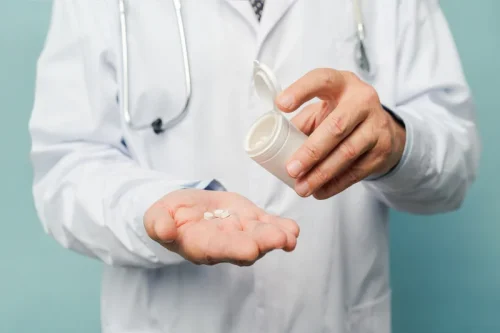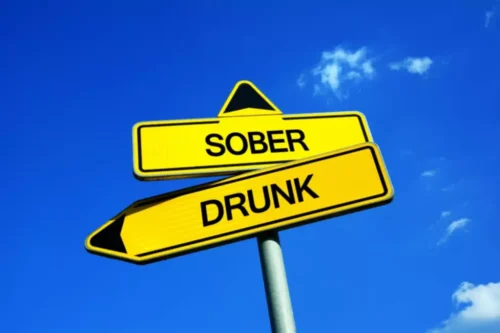Alcoholic Rage Syndrome: Recognizing Symptoms and Seeking Treatment Solutions

But effects to other neurotransmitters, including gamma-aminobutyric acid (GABA) and glutamine, may also be involved. So, someone may not be able to grasp the bigger picture of a situation. Instead, they may zoom in on a particularly small thing and have an overly aggressive response (2). Alcohol can impair the OFC, and disrupt communication between the OFC and the amygdala. Without the OFC doing its job of calming those intense emotions, a person can have a strong reaction (2). Alcohol’s ability to temporarily reduce anxiety can also intensify the urge to act on impulse.
How Alcohol Affects Anger and Aggression

Many people may naturally become angry or upset when drinking, but it’s not necessarily their fault. Sometimes, people with alcohol use disorders have an unhealthy relationship with alcohol due to specific genetics. Self-awareness is important for everyone’s mental health, but it is especially necessary for people with AUD and anger issues.

What is Alcoholic Pancreatitis: Causes, Symptoms, and Treatment
An example of this might be if they feel frustrated every time they see there’s laundry to be folded. Putting the basket out of sight can help avoid any unnecessary anger. On the other hand, undefined inappropriate, intense, or poorly controlled anger may affect as many as 7.8% of people in the United States. The most recent data on IED suggests only 0.8% of the global population lives with this condition. Often, a rageaholic will display unprovoked bouts of rage or a level of anger excessive for the given situation. Fortunately, people who become irrationally mad when drunk can work to prevent and treat their behavior.
Brain chemistry, alcohol, and rage
People who tend to ignore the future consequences of their behavior, or score low on the Consideration of Future Consequences (CFC) scale, have been found to display more aggression. This is heightened when consuming alcohol, according to a 2012 study. Among the many https://ecosoberhouse.com/ studied physiological and behavioral effects of alcohol is disinhibition, or reduced control over impulses or urges after intoxication. Disinhibition can make you unable to suppress or change an act of aggression that is not appropriate for the situation you’re in.

There are also a few steps you can take on your own to start enjoying your new sober life as you work toward lasting recovery. They may seem simple and unsurprising, but they do work for many people. This impact can begin to take place after just one drink, depending on the person and other factors, he adds (2).
Recent studies have shown a connection between alcohol-induced rage syndrome and factors like neuroinflammation and the serotonin 2b receptor gene. Neuroinflammation plays a significant role in the development of alcohol use disorder (AUD) by aggravating alcoholic rage syndrome cognitive function decline and emotional disturbances. Researchers have also found a link between variations in the serotonin 2b receptor gene and increased impulsivity, which can lead to aggressive behavior in individuals with AUD.
- If you have been the victim of violent or aggressive behaviour, report it to the police.
- But the best choice for you and the people around you is to enter treatment and work to become a better person.
- Emotional withdrawal symptoms can include agitation, anxiety, depression, irritability, and tension as well as sleep disturbances, insomnia, and physical discomfort.
- However, some people are more likely than others to be angry when drinking alcohol.
- Studies have shown that serotonin levels may begin decreasing within 30 minutes of that first drink (4).
Offer support
It was found that those scoring lower became significantly more aggressive than those who had higher ratings on the CFC. The findings were explained by emphasizing that concern for the future involves greater prefrontal cortex resources that help inhibit the excessive impact of alcohol. Essentially, drinking makes us less likely to withhold our reactions when we’re angry or annoyed.



